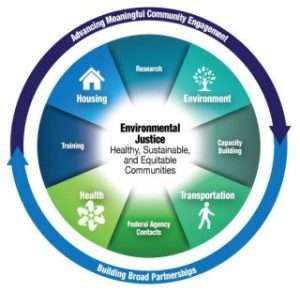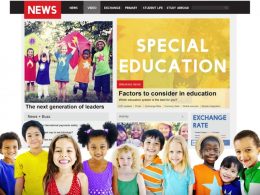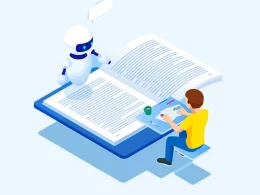Introduction:
In today’s ever-changing educational landscape, the importance of fostering inclusive school environments cannot be overstated. These environments are not only essential for ensuring the academic success of all students but also for promoting their emotional well-being and personal development. Recognizing this critical need, the New York State Department of Education Certification 2024 is deeply committed to championing diversity and equity within the state’s public school system.
Ensuring Equal Access to Education:
New York State Department of Education Certification 2024 At the heart of the department’s mission is the unwavering commitment to providing equal access to education for all students. This commitment extends to transgender and gender expansive (TGE) students, who often face unique challenges in educational settings. By aligning with state and federal laws, the department aims to create an educational landscape that is free from discrimination and harassment, regardless of a student’s sex, gender identity, or expression.
Collaborative Efforts: Administrators, Faculty, Staff, and Students:

Creating inclusive school environments requires a collaborative effort involving administrators, faculty, staff, and students alike. Each member of the school community plays a crucial role in fostering a culture of dignity, inclusion, and respect. Through collective action, local education agencies (LEAs) can develop and implement policies and practices that prioritize diversity, equity, and inclusion in all aspects of education.
Promoting Diversity, Equity, and Inclusion (DEI):
New York State Department of Education Certification 2024. Guidance from the Office of the Attorney General and the State Education Department emphasizes the importance of promoting diversity, equity, and inclusion (DEI) within educational institutions. These principles serve as the foundation for creating a supportive and inclusive learning environment where every student feels valued and respected. By upholding these principles, schools can ensure that all students have the opportunity to reach their full potential.
Addressing Concerns: Insights from the National School Climate Survey:
Insights from the GLSEN 2021 National School Climate Survey shed light on the challenges faced by LGBTQ students in today’s schools. Despite progress in recent years, many LGBTQ students still experience discrimination, harassment, and violence in educational settings. These hostile environments not only impact students’ academic performance but also take a toll on their mental health and well-being.
Effects of LGBTQ Harassment and Discrimination:
Victimization based on LGBTQ identity can have profound and long-lasting effects on students. Research has shown that LGBTQ students who experience harassment and discrimination are more likely to suffer from depression, anxiety, and other mental health issues. Additionally, these students may be at a higher risk of academic failure, dropout, and even homelessness. Addressing LGBTQ harassment and discrimination is not only a moral imperative but also crucial for ensuring the success and well-being of all students.
Guidance and Resources for Creating Inclusive Environments:

To support schools in their efforts to create inclusive environments, the department provides a wealth of guidance and resources. Real-life examples and remedies offer practical insights into addressing common issues faced by students. By leveraging these resources, administrators and educators can create safe, supportive, and inclusive learning environments where every student can thrive.
Conclusion:
In conclusion, fostering inclusive school environments is not just a goal but a moral imperative. By prioritizing diversity, equity, and inclusion in education, we can create schools where every student feels valued, respected, and empowered to succeed. The New York State Education Department of Certification remains committed to championing diversity and equity within the state’s public school system and ensuring that every student has the opportunity to reach their full potential. Together, we can build a future where all students have equal access to a quality education, regardless of their background or identity.










